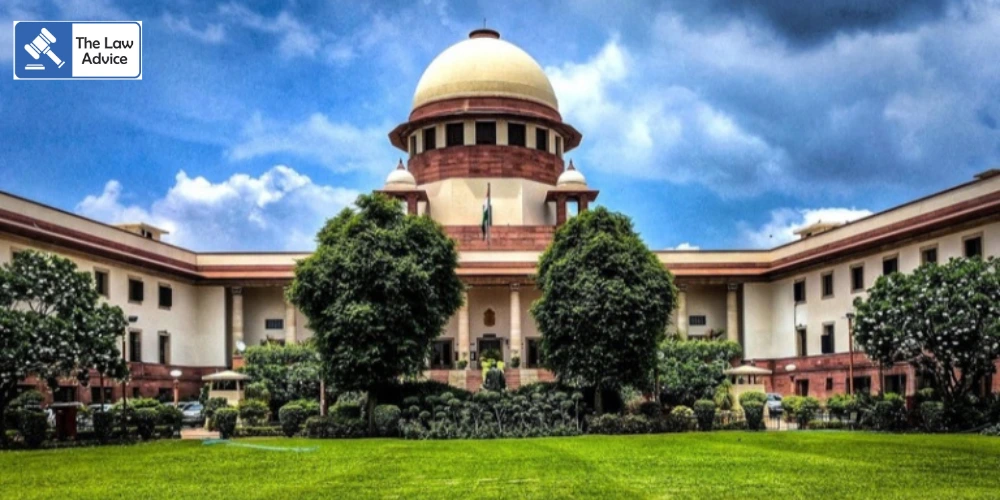The Supreme Court on Wednesday (August 20) clarified the scope of Section 195 of the Code of Criminal Procedure (CrPC), holding that the bar on cognizance of certain offences under Sections 172–188 IPC applies not only to those provisions but also to other offences so intrinsically connected with them that they cannot be split up.
A bench of Justices J.B. Pardiwala and R. Mahadevan, while dealing with allegations against a Delhi police officer, reiterated that cognizance can only be taken on a written complaint by the concerned public servant or their superior authority, and not on a police report.
The ruling came in a case where a court process server alleged that he was humiliated and detained by SHO Devendra Kumar at a Delhi police station while serving summons and warrants. He reported the matter to the District Judge, leading to a written complaint under Section 195(1)(a) CrPC being filed before the Chief Metropolitan Magistrate (CMM).
Instead of taking cognizance directly, the CMM directed the police to register an FIR under Section 156(3) CrPC for offences under Sections 186 (obstructing a public servant) and 341 (wrongful restraint) IPC. The SHO challenged this before higher courts but failed, eventually approaching the Supreme Court.
Authored by Justice Pardiwala, the judgment noted that the CMM erred in directing FIR registration under Section 156(3) when he could have directly acted on the complaint under Section 195 CrPC. However, the Court refrained from quashing the FIR, leaving it open for the petitioner to raise the statutory bar at the trial stage.
Key clarifications include:
• Section 195 CrPC bars cognizance, not investigation. Police may investigate cognizable offences, but courts cannot take cognizance under Section 186 IPC except on a written complaint by the concerned public servant.
• Offences cannot be split up: If an offence under Section 186 IPC is intrinsically linked with another (e.g., Section 341 IPC), both will fall within the bar of Section 195.
• Distinct offences: Only where an offence is genuinely independent and unconnected can it be prosecuted separately.
The Court laid down six guiding principles for offences under Section 195 CrPC, including:
1. Cognizance of offences under Sections 172–188 IPC requires a written complaint by the concerned public servant.
2. Courts cannot sever interconnected offences to bypass Section 195.
3. Protection under Section 195 applies when allegations, in substance, fall within its scope.
4. Courts must examine whether invocation of other offences is merely an attempt to evade Section 195.
5. Truly distinct offences may still be tried separately, depending on facts.
6. Section 195 does not prevent police investigation; however, after investigation, cognizance must follow the Section 340 CrPC procedure.
While the Supreme Court refused to quash the FIR against SHO Devendra Kumar, it reaffirmed that trial courts must strictly follow Section 195’s mandate and cannot take cognizance of obstructing-a-public-servant offences unless the statutory complaint mechanism is satisfied.
Cause Title: Devendra Kumar v. The State (NCT of Delhi) & Anr.
